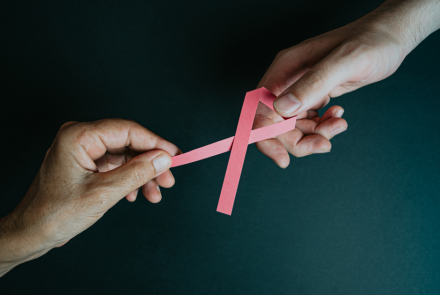September 7, 2016: New York Primary Care Physician, Deborah Nunziato-Ghobashy, D.O., with Family Practice Associates of Rockland in Valley Cottage, a member of Highland Medical, P.C.
Childhood obesity often occurs gradually. If you see your child is becoming overweight, it’s important to take steps to address the problem early, before unhealthy eating and exercise habits are harder to break.
Staying at a healthy weight in childhood and the teen years greatly increases the chances of being healthy as an adult. Obesity can lead to a host of health problems, including high blood pressure, high cholesterol, and diabetes.
I find children are often the most successful in losing weight when the whole family gets involved and provides support. That often means changing the entire family’s eating habits. I usually start by advising everyone in the family to cut down on snacking and switching to healthier snacks. For instance, limit high-fat and high-sugar or salty snacks. Instead, have plenty of fruits and vegetables available, such as apples, bananas, blueberries or grapes, or vegetables such as carrots or celery with hummus.
I also recommend getting outside for recreational activities, like walking, jumping rope and swimming. Just getting up from the couch and getting outside is a good first step. Lately I’ve seen a lot of my younger patients getting outside and playing Pokémon Go. The important thing is that they are having fun, so they don’t realize they’re exercising. I also encourage team sports, which can provide an intense workout.
Sometimes families find it helpful to be referred to a nutritionist, who can help them figure out how to find healthy foods their child will actually eat. I’ve seen both children and adults have success in changing their diet with the help of a nutritionist. Your child’s doctor can provide a referral.
Families helping a child lose weight should understand that these healthy eating and exercise changes are permanent. Once the child reaches a healthy weight, the key is to stick to the changes that helped them get there. The reward is a lifetime of health.






